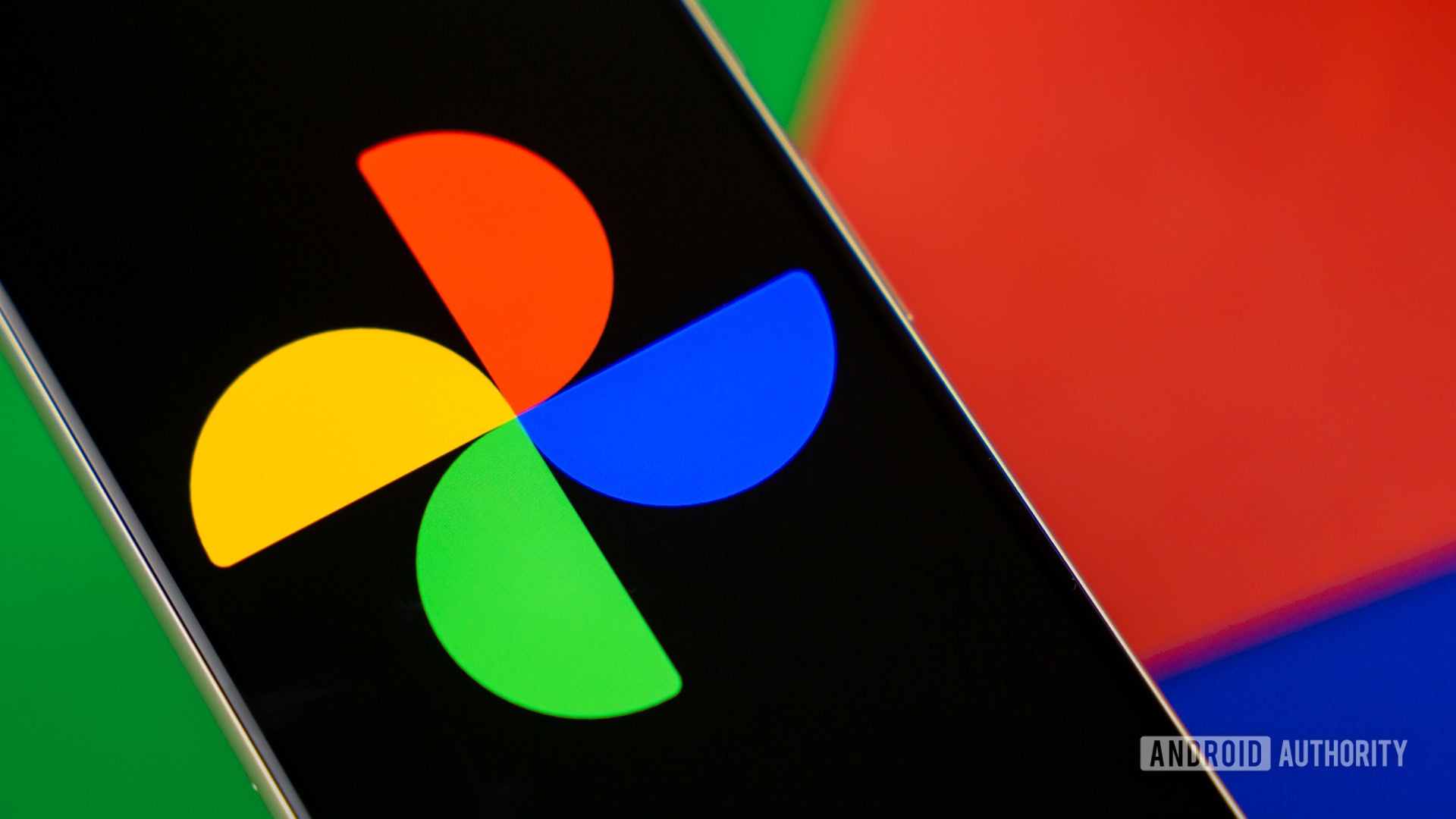The Impact of AI Chatbots on Patient Engagement: Are They a Boon or a Threat?
Explore how AI chatbots impact patient engagement in healthcare. Learn about their benefits, such as 24/7 availability and personalized care, as well as drawbacks like privacy concerns and lack of human empathy. Find out if AI chatbots are a boon or a threat to patient engagement
As technology continues to revolutionize healthcare, AI-driven chatbots have emerged as a popular tool for enhancing patient engagement. These intelligent virtual assistants are capable of answering questions, scheduling appointments, providing health information, and more. However, while AI chatbots offer significant benefits, there are concerns about their limitations and potential risks. This article explores the pros and cons of AI-driven patient interactions, debating whether they are a boon or a threat to patient engagement.
The Pros of AI Chatbots in

1. 24/7 Availability
One of the most significant advantages of AI chatbots is their ability to provide round-the-clock assistance. Healthcare is often urgent, and patients need answers or support outside regular office hours. Chatbots ensure that patients have access to important information, such as prescription details, symptom checkers, or appointment scheduling, at any time of the day or night. This constant availability can reduce wait times and enhance the overall patient experience.
2. Increased Efficiency
AI chatbots streamline administrative tasks, allowing patients to schedule appointments, confirm insurance details, or receive medication reminders without having to speak directly to a human representative. This efficiency reduces the workload of healthcare professionals, enabling them to focus more on patient care. Additionally, patients save time by avoiding lengthy phone calls or office visits for routine inquiries, making healthcare more accessible and convenient.
3. Personalized Health Information
Advanced AI chatbots can offer personalized health advice based on the patient’s medical history, symptoms, and preferences. By analyzing data from electronic health records (EHR), chatbots can provide tailored recommendations, such as suggesting lifestyle changes, preventive measures, or medication management tips. This personalized approach can increase patient engagement by making them feel more involved in their healthcare journey.
4. Reduced Costs
By automating routine tasks, AI chatbots can help healthcare providers reduce operational costs. Hospitals and clinics can manage a higher volume of patient interactions without the need for additional staff, making healthcare services more affordable. For patients, this could mean lower costs for services, as administrative expenses are streamlined.
The Cons of AI Chatbots in Patient Engagement
1. Lack of Human Touch
While AI chatbots can provide efficient and accurate responses, they lack the empathy and emotional intelligence of human healthcare providers. Patient engagement often relies on building a trusting relationship with doctors and nurses, something that chatbots cannot replicate. For patients dealing with complex emotions or sensitive health issues, the absence of a personal touch could lead to frustration and disengagement.
2. Limited Understanding of Complex Issues
AI chatbots are limited in their ability to handle complex medical inquiries. While they can answer general questions, they may struggle to provide in-depth advice for patients with unique or complicated medical conditions. This could result in incomplete or incorrect information, potentially leading to harmful consequences. For critical medical issues, a chatbot may not be able to replace the expertise of a qualified healthcare professional.
3. Privacy and Security Concerns
Another major drawback of AI chatbots is the potential risk to patient privacy and data security. Health information shared with chatbots is often stored in cloud databases, raising concerns about unauthorized access or data breaches. Patients may be reluctant to share sensitive information with AI-driven systems, fearing that their personal health data could be compromised or misused.
4. Overreliance on Technology
While AI chatbots can be incredibly helpful, they may create an overreliance on technology, leading patients to avoid seeking human assistance when needed. If patients start depending too heavily on chatbots for medical advice, they may skip critical in-person consultations with healthcare providers, potentially delaying the diagnosis or treatment of serious conditions.
Conclusion: Boon or Threat?
AI chatbots have the potential to be both a boon and a threat to patient engagement. On one hand, they offer enhanced efficiency, accessibility, and personalization, providing significant benefits to both patients and healthcare providers. On the other hand, they lack the human empathy and expertise required for more complex or sensitive patient interactions.
Ultimately, the key to successfully integrating AI chatbots into healthcare is to strike a balance. Chatbots can handle routine tasks and provide support, but they should not replace the essential human element of healthcare. By using AI chatbots as a complement to, rather than a substitute for, human care, healthcare systems can improve patient engagement while maintaining the personal connections that are critical for effective treatment.
What's Your Reaction?
 Like
0
Like
0
 Dislike
0
Dislike
0
 Love
0
Love
0
 Funny
0
Funny
0
 Angry
0
Angry
0
 Sad
0
Sad
0
 Wow
0
Wow
0

















































